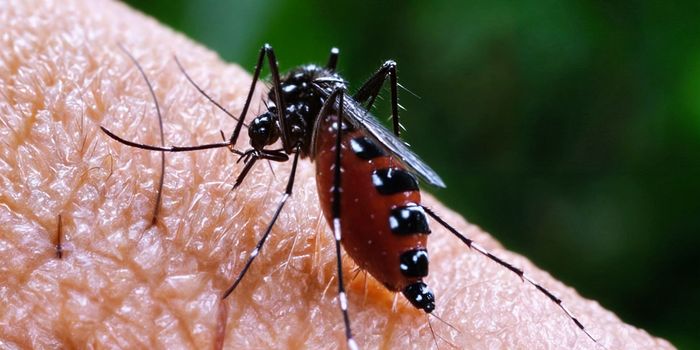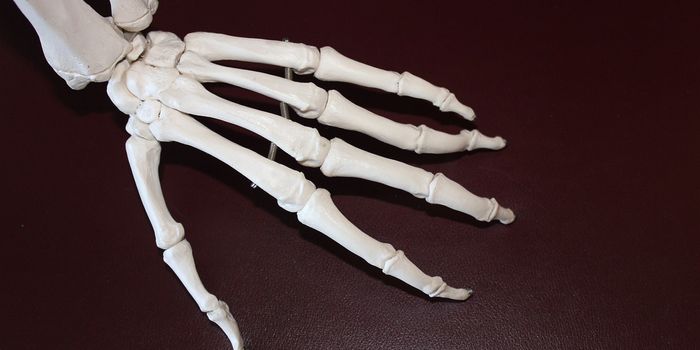Schizophrenia is estimated to impact around 24 million people, which is about 1 in 300 people worldwide. This poorly understood disorder can cause delusions, hallucinations, highly disorganized behavior, and other symptoms that alter an individual's actions and their perception of reality. It is difficult to treat, especially because the cause is not known; a combination of genetics and environmental factors are thought to be involved. Researchers have now discovered an autoantibody in some schizophrenia patients that also caused behavioral changes related to schizophrenia in a mouse model. The findings have been published in Cell Reports Medicine.
Antibodies are made to recognize foreign substances; antibodies have a tag or epitope that matches a specific invader. But autoantibodies are linked to a protein from the self, instead of a foreign substance.
A molecule called neural cell adhesion molecule (NCAM1) functions at synapses, junctions where neurons converge and communicate. Previous research has indicated that NCAM1 might be related to schizophrenia development.
"We decided to look for autoantibodies against NCAM1 in around 200 healthy controls and 200 patients with schizophrenia," said lead study author Hiroki Shiwaku of Tokyo Medical and Dental University (TMDU). "We only found these autoantibodies in 12 patients, suggesting that they may be associated with the disorder in just a small subset of schizophrenia cases."
To learn more about what kind of effect those autoantibodies might have, the researchers isolated and injected them into the brains of a mouse model. The mice displayed behavioral changes, and the researchers found synaptic alterations that were similar to what is seen in schizophrenia patients. The startle reflex changed, and there was cognitive impairment in the mice. There was also a reduction in dendritic spines of neurons, and there weren't as many synapses in these mice.
"The results were impressive," said senior study author Hidehiko Takahashi of TMDU.
Schizophrenia can present very differently in different patients, so this study may indeed only apply to a small group of patients. But if the results implicating NCAM1 autoantibodies are confirmed, it could lead to new, and more effective treatment options for some individuals.
Sources: Tokyo Medical and Dental University, Cell Reports Medicine









